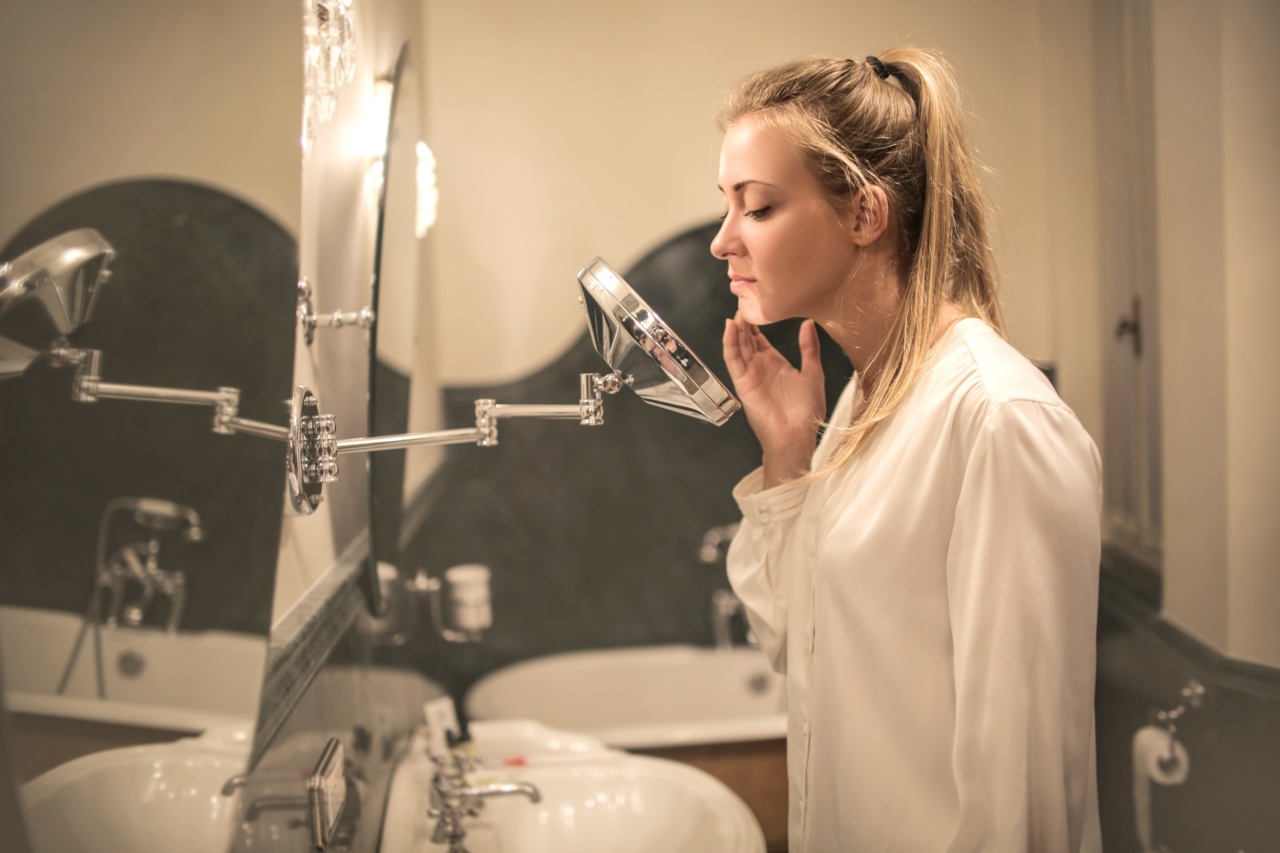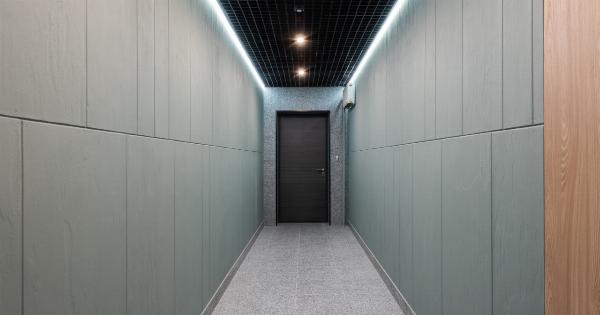Acne is a common problem that affects people of all ages. It can be frustrating to deal with, but there are ways to manage it. In this article, we will discuss four solutions for a clearer complexion.
1. Proper Skincare Routine
One of the most important things you can do to fight acne is to establish a proper skincare routine. This includes cleansing, toning, and moisturizing your skin every day.
Cleansing is important because it removes dirt, oil, and other impurities from your skin. Look for a gentle cleanser that is specifically designed for acne-prone skin. Avoid harsh scrubs or products that contain alcohol, which can irritate your skin.
Toning helps to remove any remaining dirt or oil from your skin and restore its natural pH balance. Look for toners that contain salicylic acid or glycolic acid, which help to unclog pores and exfoliate dead skin cells.
Moisturizing is important because it helps to keep your skin hydrated and healthy. Look for a non-comedogenic moisturizer that won’t clog your pores. Avoid heavy creams or products that contain fragrances, which can irritate your skin.
2. Diet and Nutrition
What you eat can have a big impact on your skin. Studies have shown that diets high in sugar and refined carbohydrates can contribute to acne.
To improve your complexion, try to eat a healthy, balanced diet that includes plenty of fruits, vegetables, whole grains, and lean protein.
Some foods that are particularly good for your skin include:.
- Leafy greens, such as spinach and kale
- Foods high in vitamin C, such as citrus fruits and bell peppers
- Foods high in vitamin A, such as sweet potatoes and carrots
- Foods high in omega-3 fatty acids, such as salmon and walnuts
3. Stress Management
Stress can also contribute to acne. When you are stressed, your body produces more cortisol, which can lead to inflammation and breakouts. To manage stress and improve your complexion, try some of the following techniques:.
- Meditation or deep breathing
- Yoga or other forms of exercise
- Aromatherapy or massage
- Spending time in nature
- Getting plenty of sleep
4. Medications and Topical Treatments
If you have moderate to severe acne, you may need prescription medications or topical treatments to help clear your skin. Some common treatments include:.
- Retinoids: These are topical medications that help to unclog pores and reduce inflammation. They are often prescribed for moderate to severe acne.
- Antibiotics: These may be prescribed for acne that is accompanied by bacterial infections. They may be taken orally or applied topically.
- Isotretinoin: This is a powerful medication that is reserved for severe cystic acne. It is taken orally and can have serious side effects, so it should only be prescribed by a dermatologist.
There are also many over-the-counter treatments that can help to manage acne. These include benzoyl peroxide, salicylic acid, and tea tree oil. Talk to your dermatologist or healthcare provider to determine the best treatment plan for your skin.






























